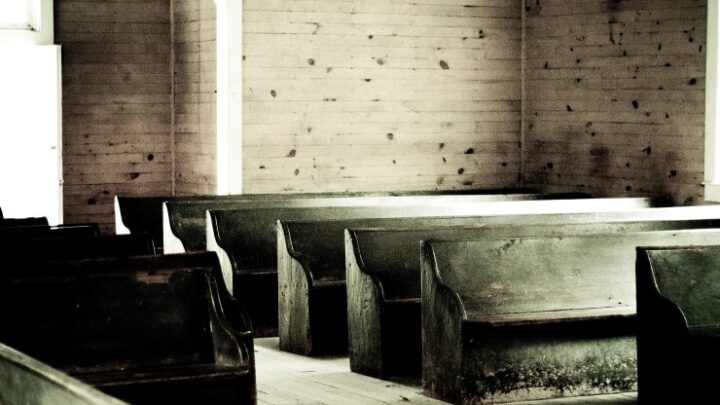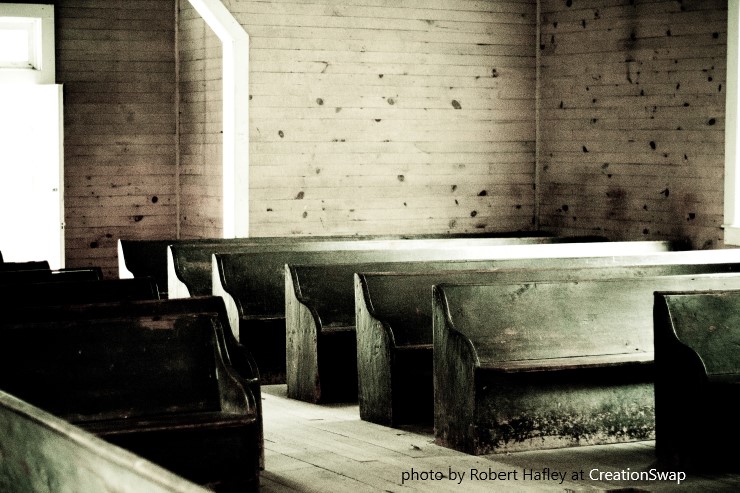A few weeks ago, we celebrated the coming of the Holy Spirit to the Church – Pentecost. A moment where cultural barriers, ethnicity and languages could not stand before God’s message of salvation proclaimed to all without restrictions. This was more than a miracle of hearing; their mouths and bodies were involved drawing them closer to each other. Speaking other tongues was born not desired or conceived by the disciples, instead it was God’s desire and vision of inclusion, love and recognition. As a result, they were all together and had everything in common, they were one Church where one language was spoken: the language of love.
Many years later, the one Church seemed to be dismembered in a world where diversity means division rather than unity. Sunday morning is still the most segregated time of the week. How can we love our neighbor if we don’t share sacred space with them? What makes this a difficult task? One reason which makes it difficult is how rooted and intrinsic racism is in things we do every day. Consciously or unconsciously racism is embedded in the way we were taught to treat our neighbor by our own parents and/or society. It’s present even in the small comments we say: blaming COVID-19 on Asians or criticizing a person with an accent.
As I transition to a new appointment in our conference, I have been asked the same question over and over. Is your next church a Hispanic church? First, I was wondering if it was just a way to entertain conversation. Now, I think this might be a way to profile me, meaning to suggest that simply because I am Hispanic it must mean that I will be going to a Hispanic church (otherwise I have been setup for failure), even though my English proficiency is high, and I hold a master’s degree from Duke Divinity. For those wondering, the answer is no. I am a Mexican pastor that has been appointed in a cross-cultural ministry. A ministry not that different to the one of the Apostle Paul. I am sure I have been called to be a pastor on this context. My cultural background allows me to serve as a bridge, and I am blessed that God has given me the opportunity and the gifts to do so. How can I blame church folks for asking what I consider to be a racist question, if I have been asked similar questions talking to a District Committee of Ordained Ministry? Would a white church member ask a white pastor if he was going to pastor a white church? How can I blame church folks for asking racist questions? The sin of racism is systemic and barely recognized in our denomination and society.
I am called to make a difference in a system that was not built for someone like me to succeed in because the system judges on how one speaks the English language (the language of the colonizers of this land) and if an accent is heard is deemed unworthy. To that I want to respond: Love is the Only Language I Speak Fluently. Loving my neighbor and serving my church in a second language is challenging at times, but being a servant is always challenging. By serving in that capacity, I see God’s invitation to join God’s language of love in spite of my own limitations and prejudices. It is in the power of the Holy Spirit that the people of Pentecost can continue to expand God’s word to the ends of the world. Language might be a limitation for the ones who can only speak one, but the language of love in the Holy Spirit has no limits, and that is the language I am inviting you to speak fluently.
Rev. Saul Gastelum
If you would like to read other articles from the Sound District Dismantling Racism Team, you are asked to follow this link: https://sounddistrictnc.org/category/dismantling-racism/


